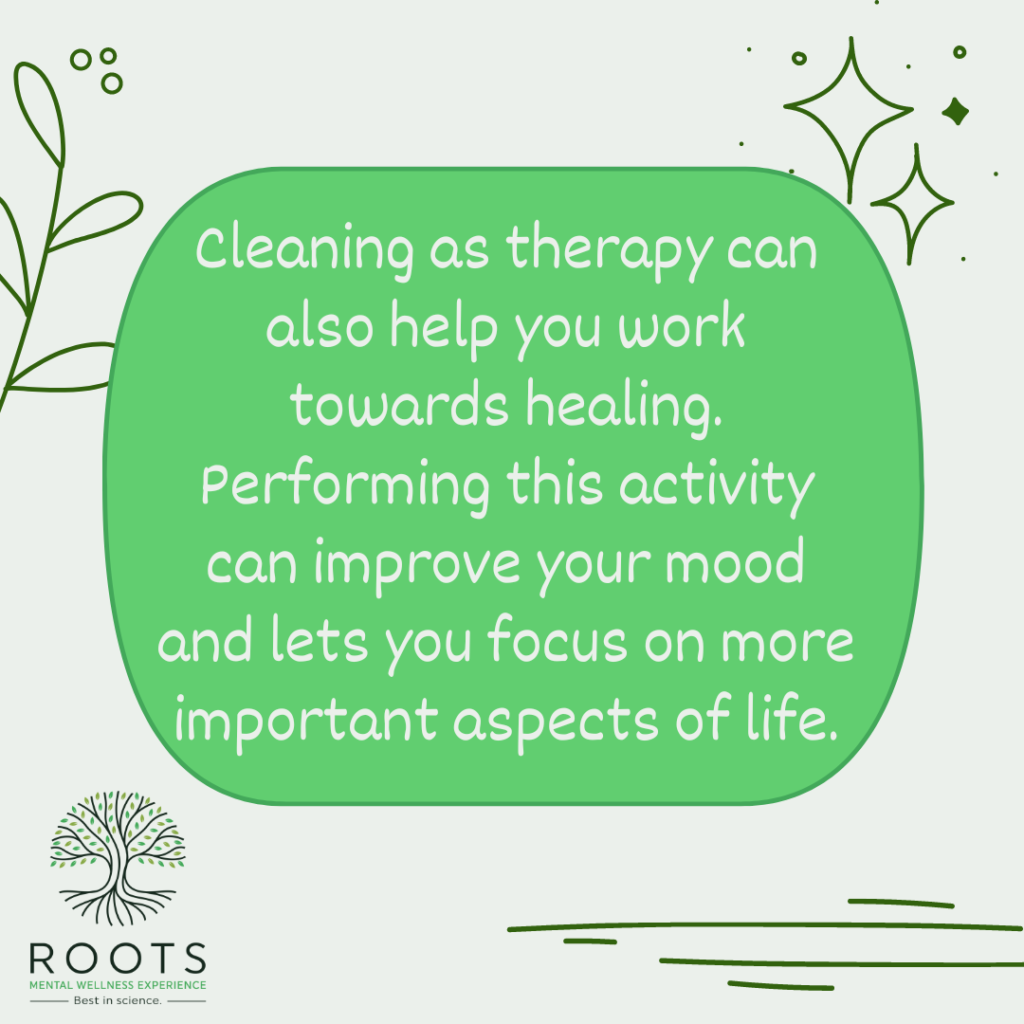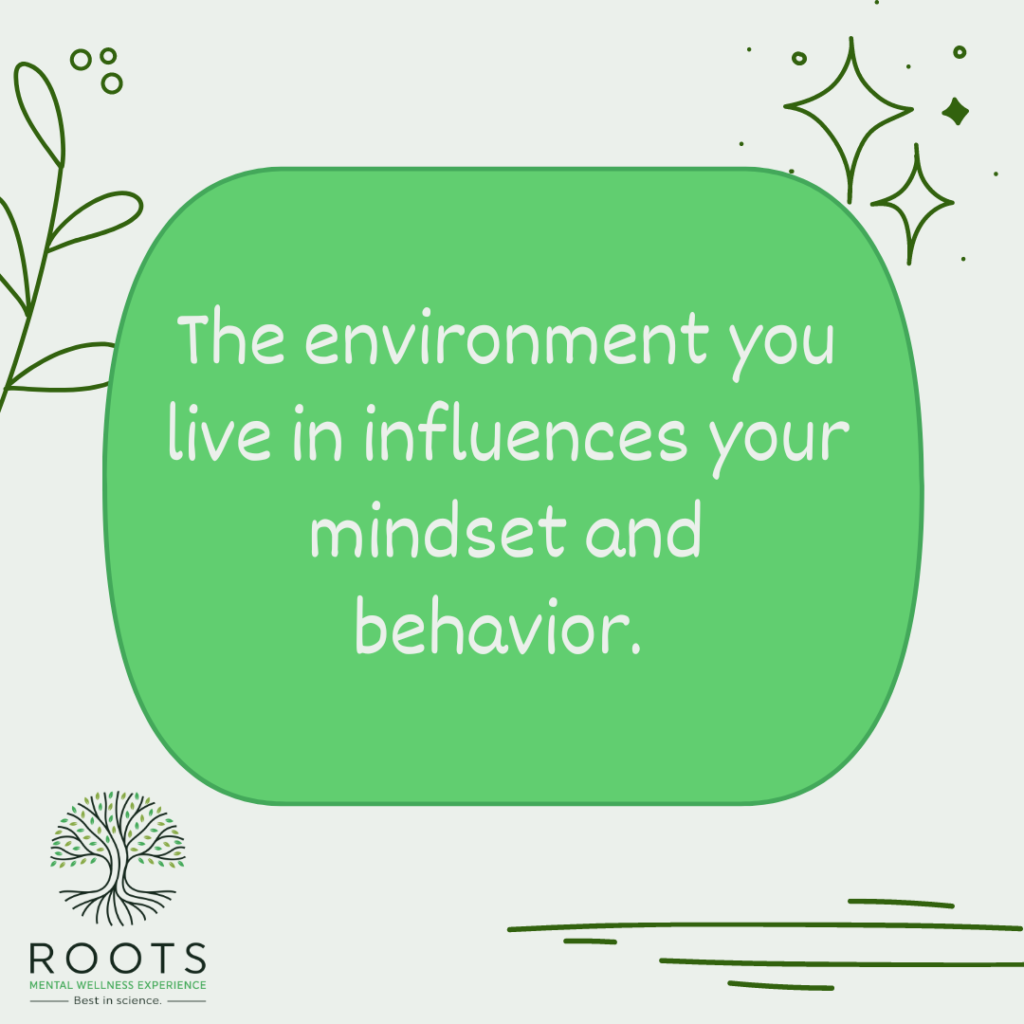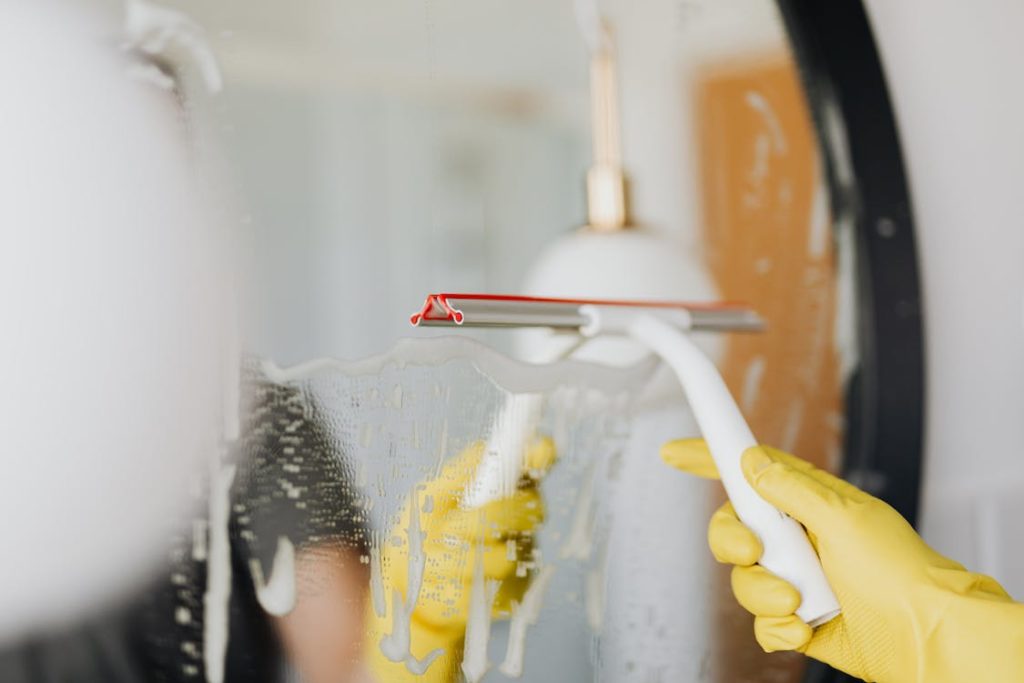Many individuals diagnosed with mental health problems usually undergo traditional treatments to manage symptoms. But lately, there has been a growth in the usage of newer approaches.
Treatment centers now offer alternative therapies to meet patients’ needs, enhance their recovery, and help them create healthier lifestyles.
A broad spectrum of treatment tools is vital, as cookie-cutter approaches aren’t always enough. Some cannot address the underlying issues of depression and anxiety.
Alternative treatments may include meditation, art, music, equine, guided imagery, and biofeedback. Incorporating these holistic modalities can impact the individual’s overall well-being.
While they can’t serve as a standalone treatment for substance use, they can complement traditional therapies to enhance results.
While it may seem unusual, cleaning as therapy can also help you work toward healing. Performing this activity can improve your mood and lets you focus on more important aspects of life.

Can Cleaning Be Therapeutic?
Yes, cleaning is therapeutic. Tidying up can bring instant gratification, while a messy space can contribute to feelings of depression and anxiety. A study shows that women with cluttered homes experience more fatigue and symptoms of depression than other women who have cozy and clean spaces.
Cleaning can bring many positive effects on your mental health. It can calm your mind, especially when everything is in chaos. Since your body is actively moving, it releases endorphins which boost your mood.
Additionally, establishing structure and familiarity in life can help alleviate stress. Whenever you clean, you act in predictable, repetitive ways. Knowing what will happen next can be reassuring.
Simply put, sweeping floors and organizing shelves not only declutter your surroundings; they also declutter your mind and make you feel better.

Can Cleaning Be A Coping Mechanism?
Whether washing dishes, mopping floors, or folding clothes, cleaning can serve as a coping mechanism when performed mindfully.
Doing household chores is a productive distraction as it takes your mind off your current challenges. It prevents you from fretting about things that are beyond your control.
According to one study, ritualization can help regulate negative emotions and anxiety. People who feel anxious may turn towards repetitive and predictable actions to cope.
Cleaning as therapy can help clear your headspace and reframe your situation. It brings you to a relaxed state where you can examine your thoughts rather than react to them. It also makes you feel a sense of accomplishment that boosts your self-esteem.
How Does Cleaning Help Mental Health?
Mental health and cleanliness are interconnected. The environment you live in influences your mindset and behavior. For instance, a clean space can bring positive energy, while a messy one creates stress. With that said, the benefits of organizing things cannot be overstated. Here are several ways on how cleaning impacts your mental health:

It Gives You Better Control
When you are plagued with worries and fears about the future, cleaning allows you to gain at least some control in life. Amid all the uncertainties, the predictability of this activity can make you feel at ease.
Additionally, since your brain prefers order over chaos, constant visual clutter can impair your memory and make it hard to focus. You’ll likely be distracted or get stuck in a rut. Whenever you feel the urge to declutter when stressed, this could be your mind looking for ways to put things in order.
Better Performance
Clean surroundings can refresh your body, soul, and mind. When junk is eliminated, you get mental clarity. This helps you manage problems and stay productive throughout the day. Simply put, a peaceful environment can encourage better performance.
Lifts Your Mood
Aside from the benefits of having a well-put-together home, cleaning can also lessen your anxiety.
For example, student and faculty researchers at Florida State University examined how washing dishes can be linked to positive emotions. Participants who took time to inhale the soap’s scent and feel the water’s warmth reportedly felt a reduction in nervousness and an improvement in mental inspiration.
Research also found that having clean sheets gives you better rest at night. And when you are well-rested, you’ll notice that your mood significantly improves when you wake up.
Furthermore, the physical activity of cleaning, paired with the outcome of a cleaner home, helps reduce stress, anxiety, and depressive symptoms.

Improves Concentration
Your environment sets the tone for various aspects of life, including your responses, outlook, and ability to handle challenges. When your place is dirty, it can create disarray in your brain. It impacts your brain’s ability to focus and process information.
Meanwhile, researchers found that those with organized areas appear less irritable, less distracted, and more productive.
If you’re having trouble concentrating on a task, try decluttering your space first. You may discover that allocating time to clean up any mess makes it easier for you to finish your work.
Giving up some of your unused possessions is just as important. It can have the same effects as they reduce the number of things competing for your brain’s attention.
Gives You a Fresh Start
Cleaning up your house can elicit a “fresh start” feeling. Letting go of things that don’t bring joy can shift your energy. It makes you more welcoming to changes and puts you in a better place to move forward.
If you are facing mental health struggles, organizing your space is one way to gain mental clarity. It can relieve stress and help you manage your depression and anxiety.
Finding a tailored treatment plan can increase the chances of gaining sustained recovery. Fortunately, alternative approaches, like cleaning as a therapy, can complement the traditional ones.
At Roots Through Recovery, we help our clients take care of their mental health in various ways. We provide the tools and space you need to overcome and manage symptoms and lead a healthy and fulfilling life. Get in touch with us to book an appointment.




